Social media influencers have emerged as powerful catalysts for business growth in New Zealand, with many local brands reporting sales increases of up to 50% due to strategic influencer partnerships. This remarkable trend is not only reshaping marketing strategies but also redefining consumer engagement across industries. However, as businesses navigate this dynamic landscape, it's crucial to understand both the benefits and challenges of leveraging influencer marketing. This article delves into the nuances of this phenomenon, focusing on its impact on local brands, supported by data, case studies, and expert insights.
The Power of Influencer Marketing: A New Zealand Perspective
In recent years, New Zealand businesses have increasingly turned to social media influencers to boost brand visibility and drive sales. Influencer marketing is particularly effective in the Kiwi market, where community-oriented approaches resonate well with consumers. According to a report by the Ministry of Business, Innovation & Employment (MBIE), digital marketing strategies, including influencer partnerships, have contributed significantly to the growth of small and medium enterprises (SMEs) in the country.
Case Study: Organic Skin Co. – Leveraging Influencers for Growth
Organic Skin Co., a New Zealand-based skincare brand, faced challenges in reaching a wider audience. By collaborating with local influencers passionate about natural products, the brand saw a 60% increase in online sales within six months. This partnership helped Organic Skin Co. tap into niche markets, enhancing brand credibility and customer loyalty.
Pros and Cons of Influencer Marketing for Local Brands
✅ Pros:
- Enhanced Brand Awareness: Influencers can introduce brands to new audiences, expanding reach significantly.
- Authentic Engagement: Influencers provide a personal touch, fostering genuine connections with consumers.
- Cost-Effective Campaigns: Compared to traditional advertising, influencer marketing often offers a higher return on investment.
- Targeted Marketing: Influencers can tailor messages to specific demographics, increasing campaign relevance.
❌ Cons:
- Potential Mismatches: Choosing the wrong influencer can lead to brand misalignment and ineffective campaigns.
- Measurement Challenges: Quantifying the direct impact of influencer campaigns on sales can be difficult.
- Regulatory Concerns: Compliance with advertising standards and transparency guidelines is crucial to avoid legal issues.
- Dependency Risk: Over-reliance on influencers can make brands vulnerable to shifts in influencer popularity.
Comparative Analysis: Influencer Marketing vs. Traditional Advertising
Traditional advertising methods, such as television and print ads, have long been the cornerstone of marketing strategies. However, the rise of digital platforms has shifted the focus toward influencer marketing. A comparative analysis reveals several key differences:
- Reach and Engagement: While traditional ads offer broad reach, influencer marketing provides higher engagement rates due to personalized content.
- Cost Implications: Influencer partnerships are often more affordable, with micro-influencers offering significant ROI for smaller budgets.
- Trust and Authenticity: Consumers tend to trust recommendations from influencers more than traditional ads, which are often perceived as impersonal.
Real-World Case Studies: How Influencers Are Driving Sales in New Zealand
Case Study: Aotea – Boosting Sales through Cultural Storytelling
Aotea, a brand inspired by Māori traditions, partnered with influencers to share cultural stories behind their products. This strategy not only increased sales by 45% but also educated consumers about indigenous culture, strengthening brand identity and customer connection.
Case Study: Icebreaker – Expanding Global Reach
Icebreaker, a New Zealand-based outdoor clothing brand, collaborated with international influencers to penetrate global markets. This approach resulted in a 30% increase in international sales, demonstrating the power of leveraging influencer networks to reach diverse audiences.
Debunking Myths About Influencer Marketing
Despite its popularity, several misconceptions about influencer marketing persist. Let's debunk some common myths:
- Myth: Influencer marketing is only effective for beauty and fashion brands. Reality: Influencer strategies are versatile and can benefit various sectors, including technology, fitness, and food.
- Myth: Bigger influencers always yield better results. Reality: Micro-influencers often have more engaged audiences and can deliver higher conversion rates for niche markets.
- Myth: Influencer marketing is a short-term tactic. Reality: Long-term partnerships can build sustained brand loyalty and awareness.
Future Trends in Influencer Marketing
The future of influencer marketing in New Zealand looks promising, with several trends set to shape the industry:
- Increased Regulation: As transparency becomes a priority, stricter guidelines will ensure ethical practices in influencer partnerships.
- Rise of Nano-Influencers: Brands will increasingly collaborate with nano-influencers who have highly engaged, niche audiences.
- Integration of AI: Artificial intelligence will play a crucial role in identifying the best influencer matches and optimizing campaign strategies.
Conclusion and Next Steps for Kiwi Businesses
Influencer marketing has undeniably transformed the way New Zealand brands connect with consumers, offering a powerful tool for driving sales and enhancing brand visibility. However, to maximize its potential, businesses must carefully select the right influencers, monitor campaign performance, and adapt to evolving industry trends.
For Kiwi businesses looking to leverage influencer marketing, it's essential to start with thorough research and a clear strategy. Engage with influencers who align with your brand values, create authentic content, and continuously measure the impact of your campaigns to ensure sustainable growth.
Ready to harness the power of influencer marketing for your business? Share your experiences and insights in the comments below!
Related Search Queries
- Influencer marketing strategies for small businesses in New Zealand
- How to choose the right influencer for your brand
- Impact of social media on consumer behavior in NZ
- Top influencers in New Zealand 2023
- Challenges of influencer marketing in New Zealand




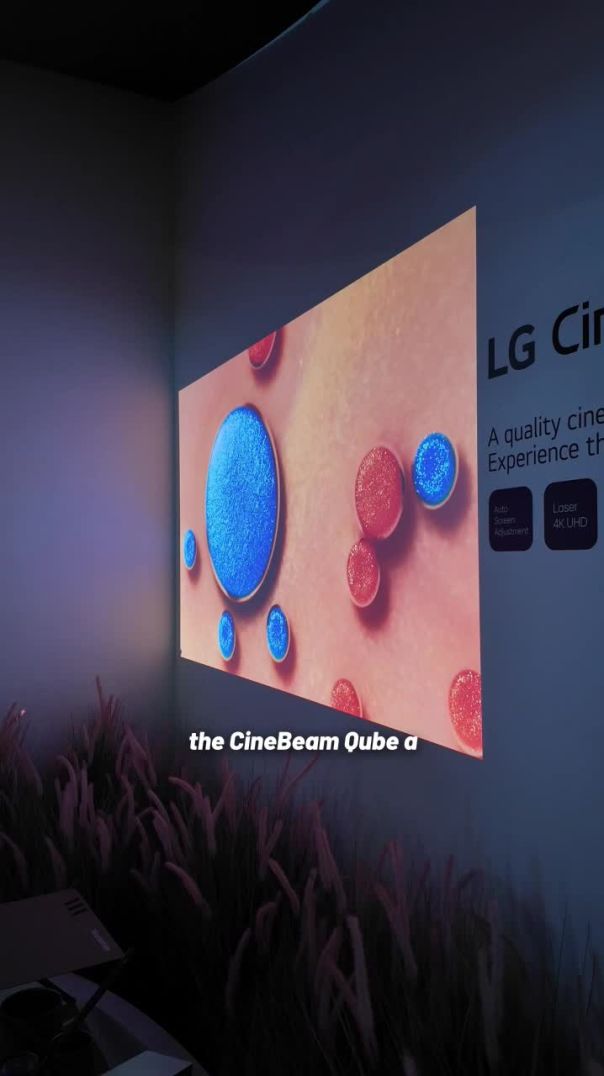




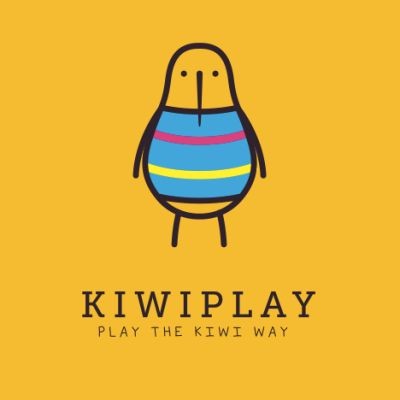







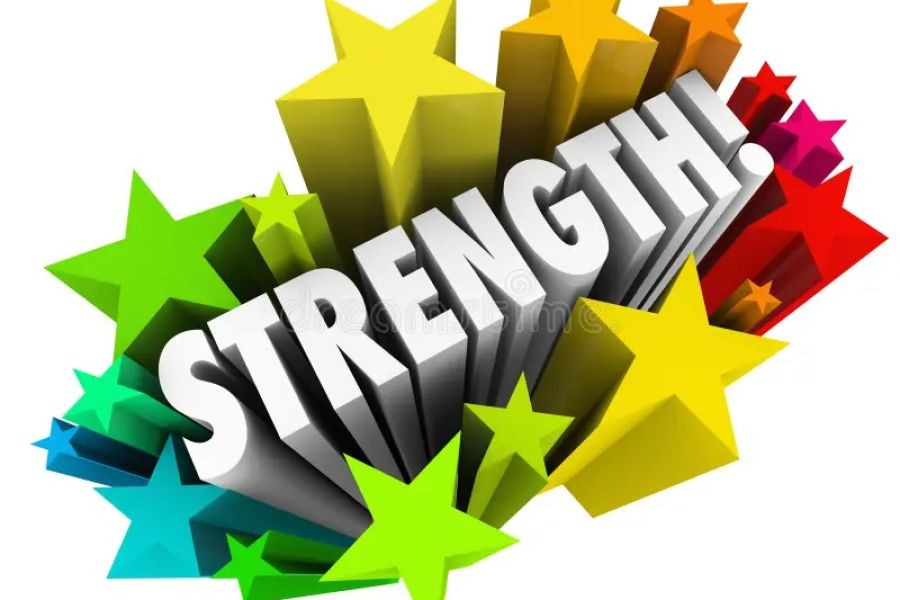

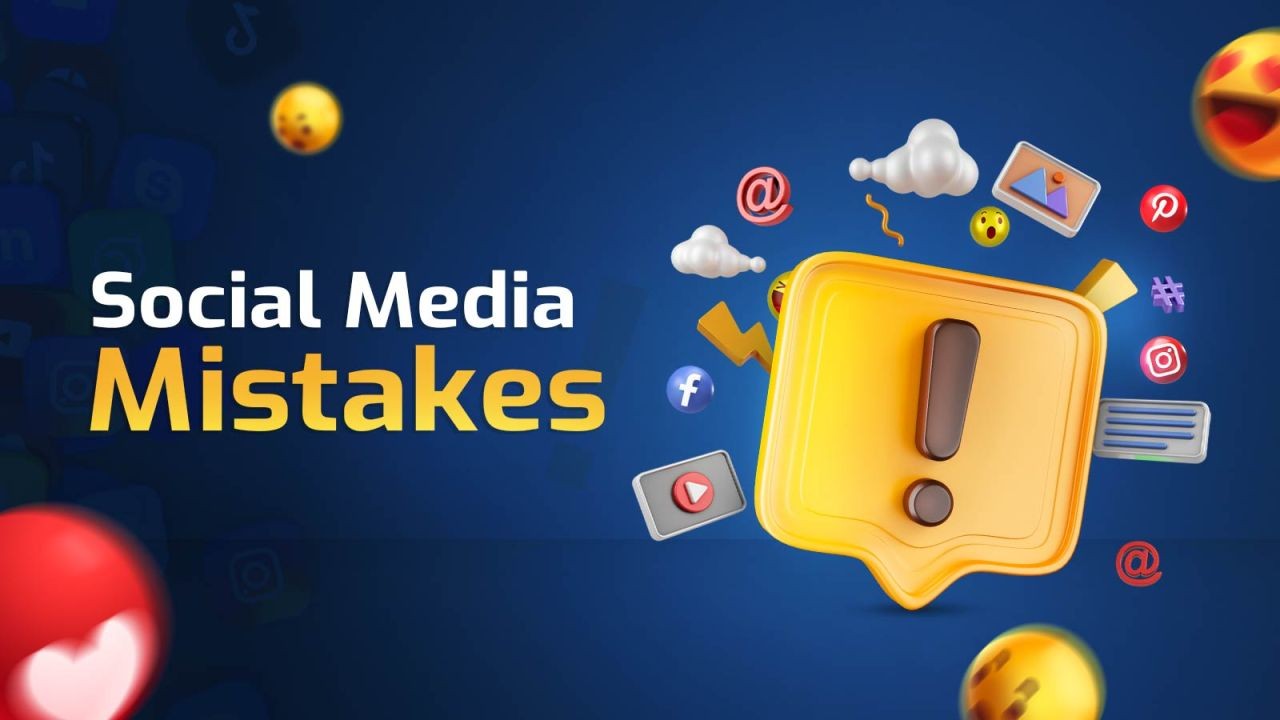
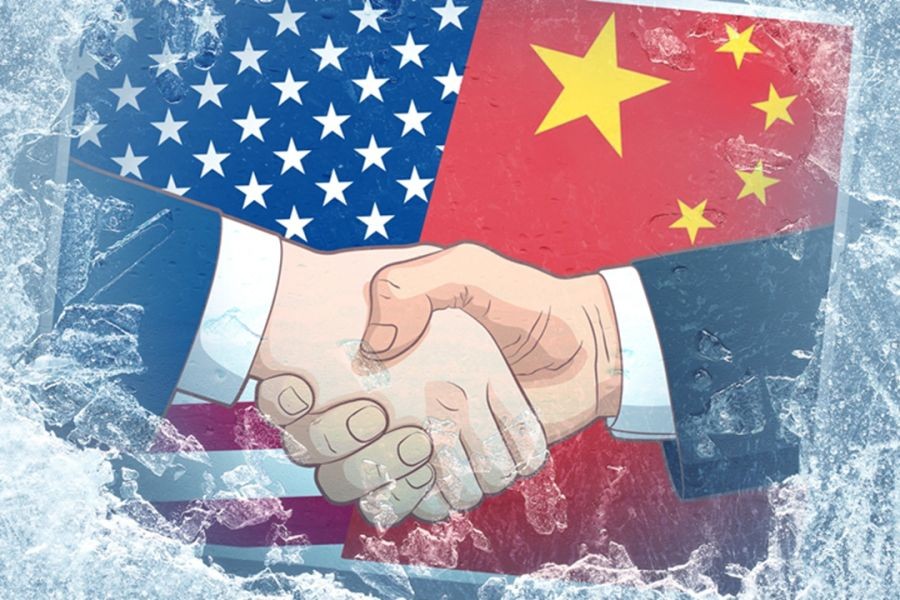





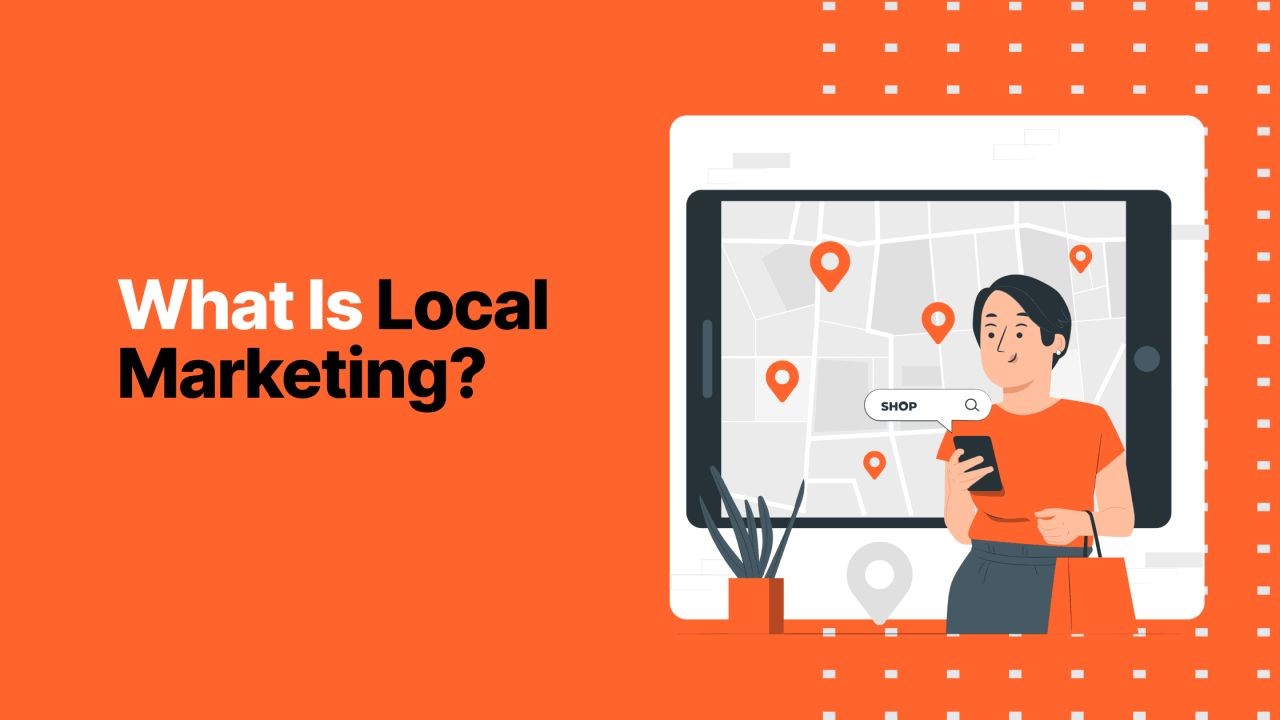

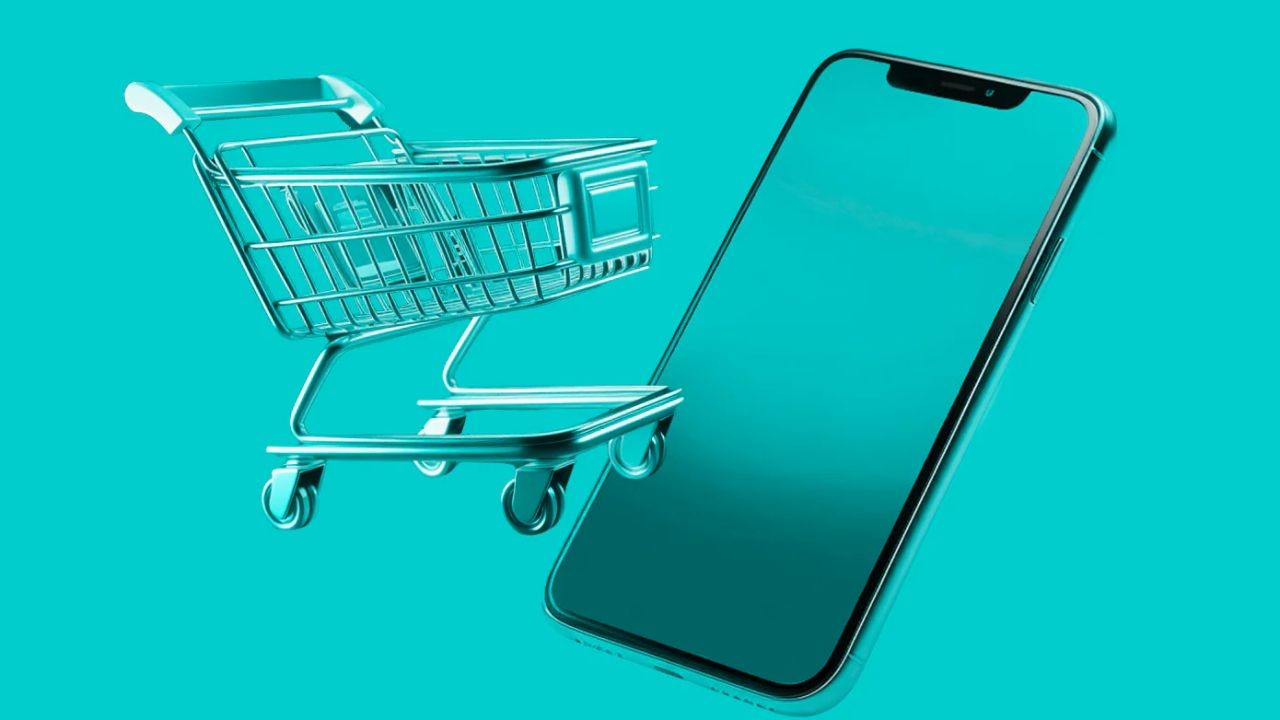
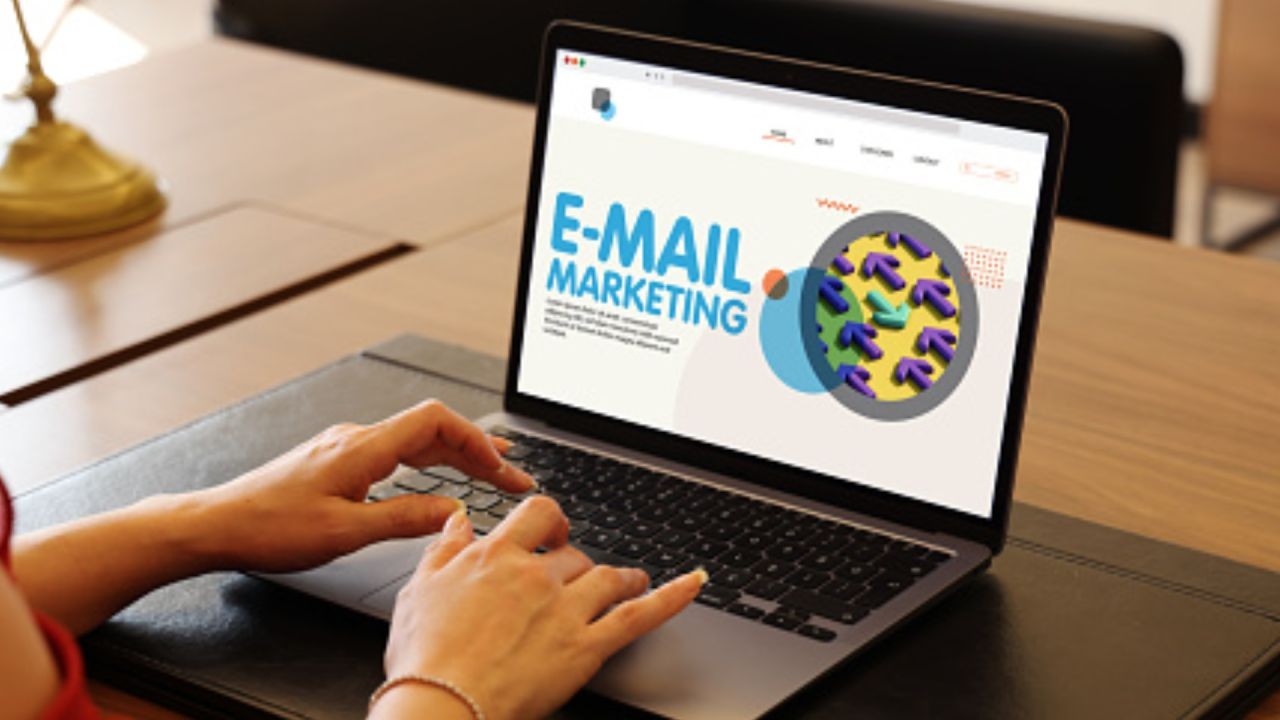
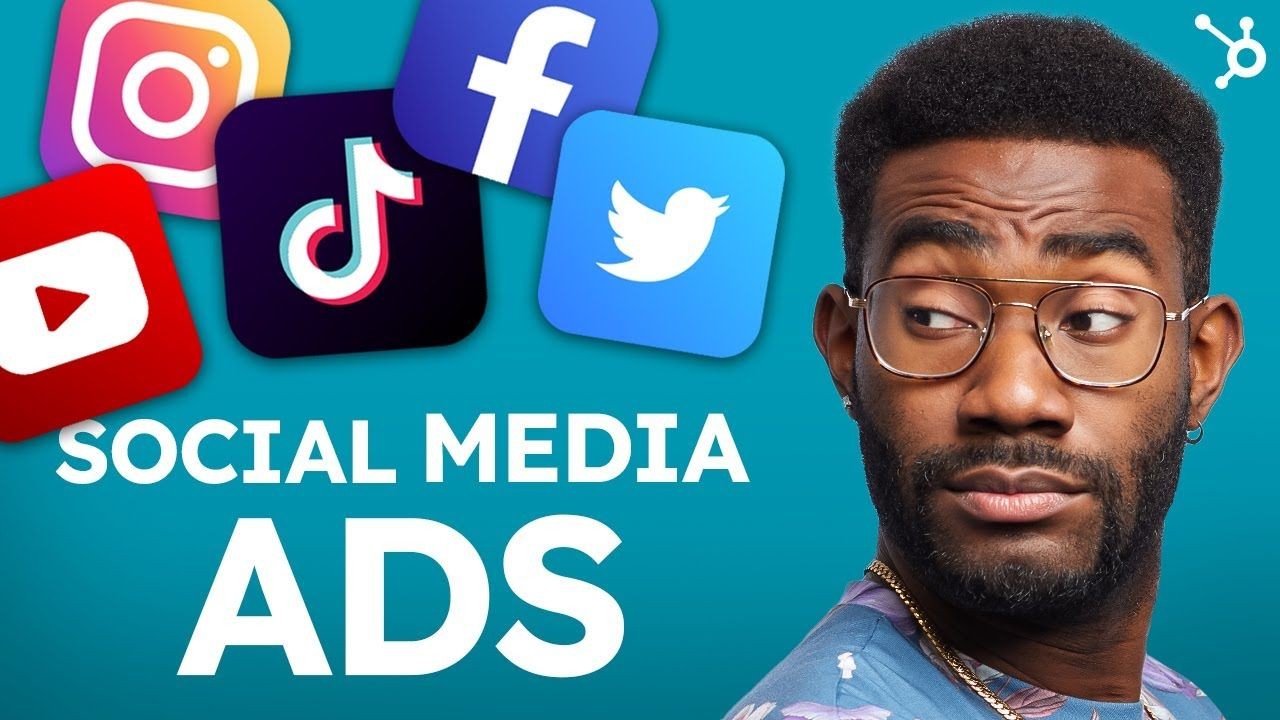









Wash and CO
3 months ago